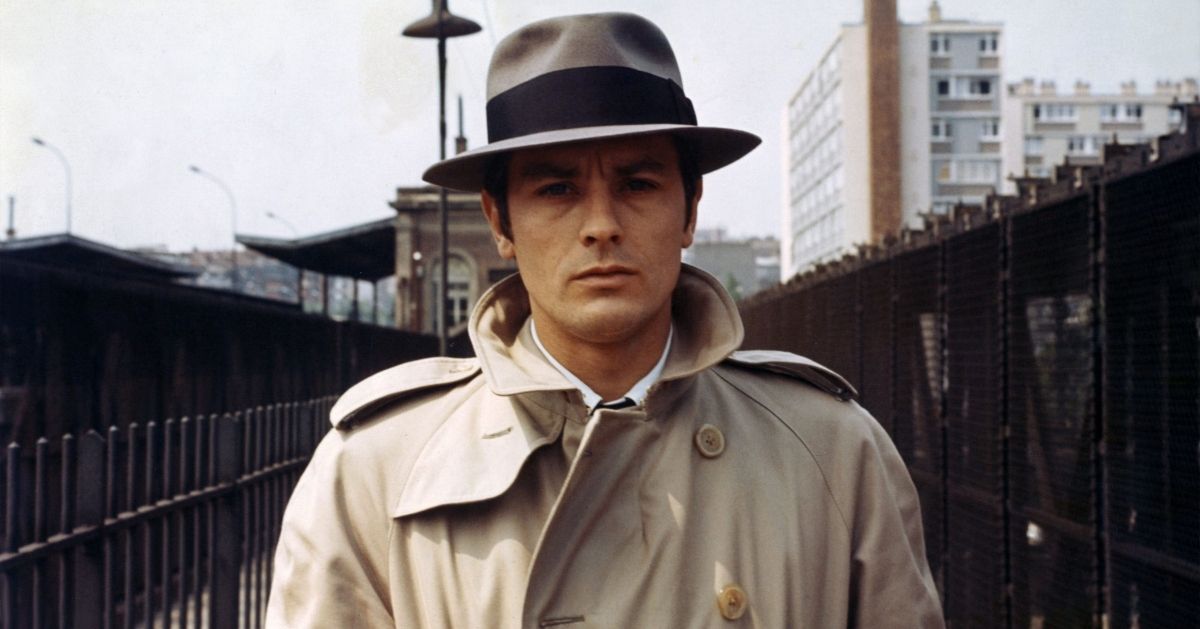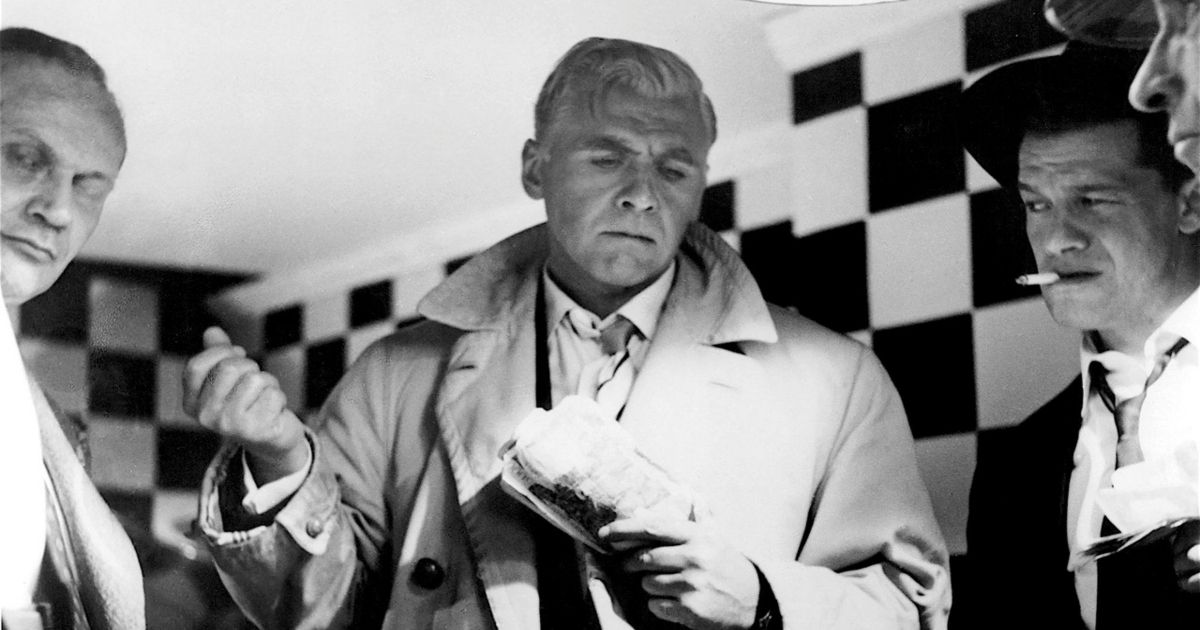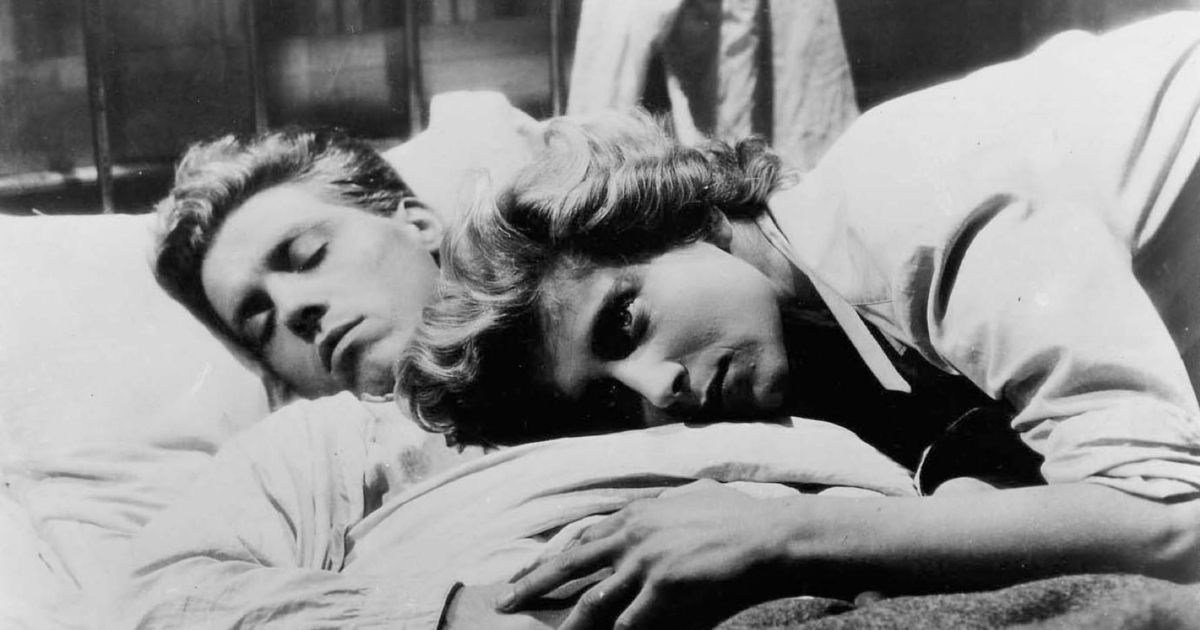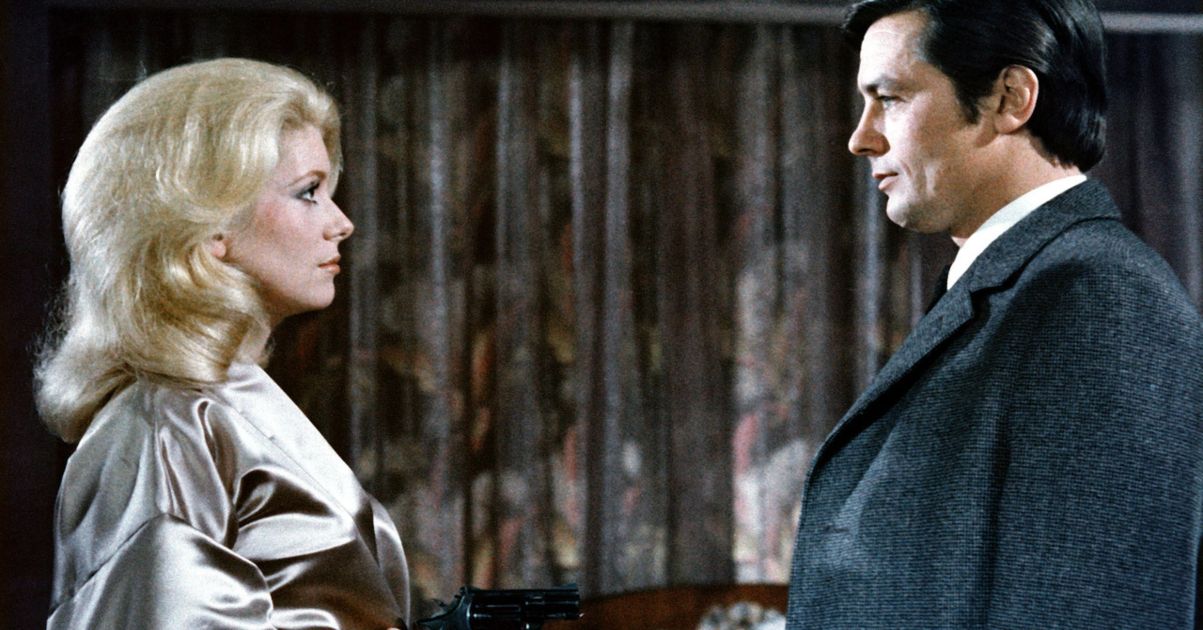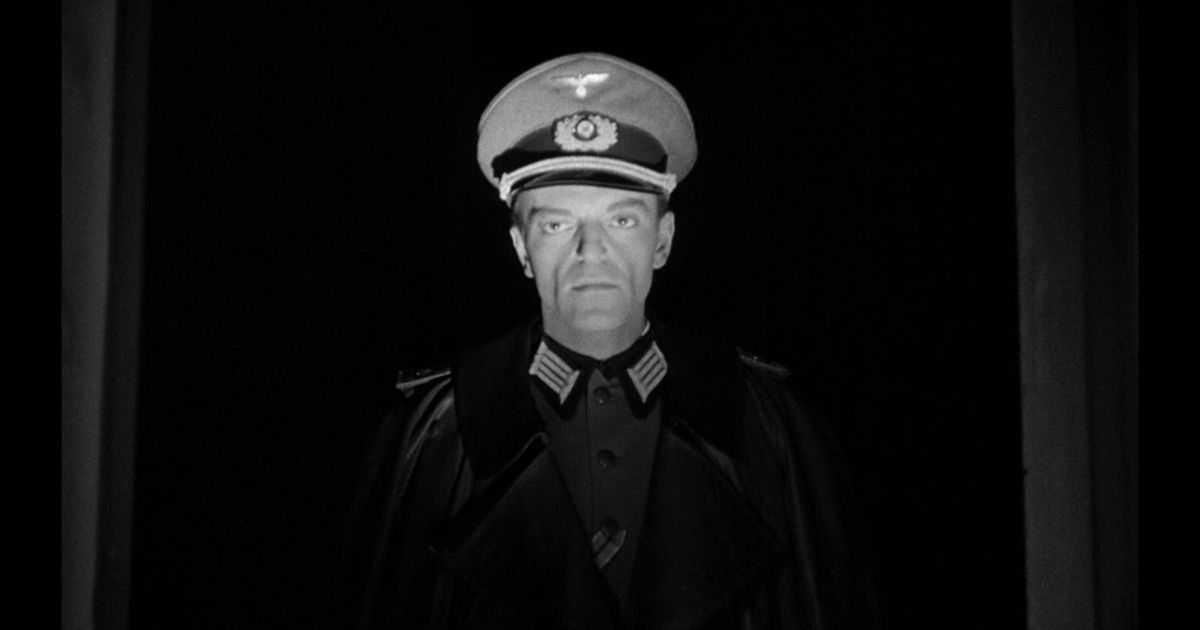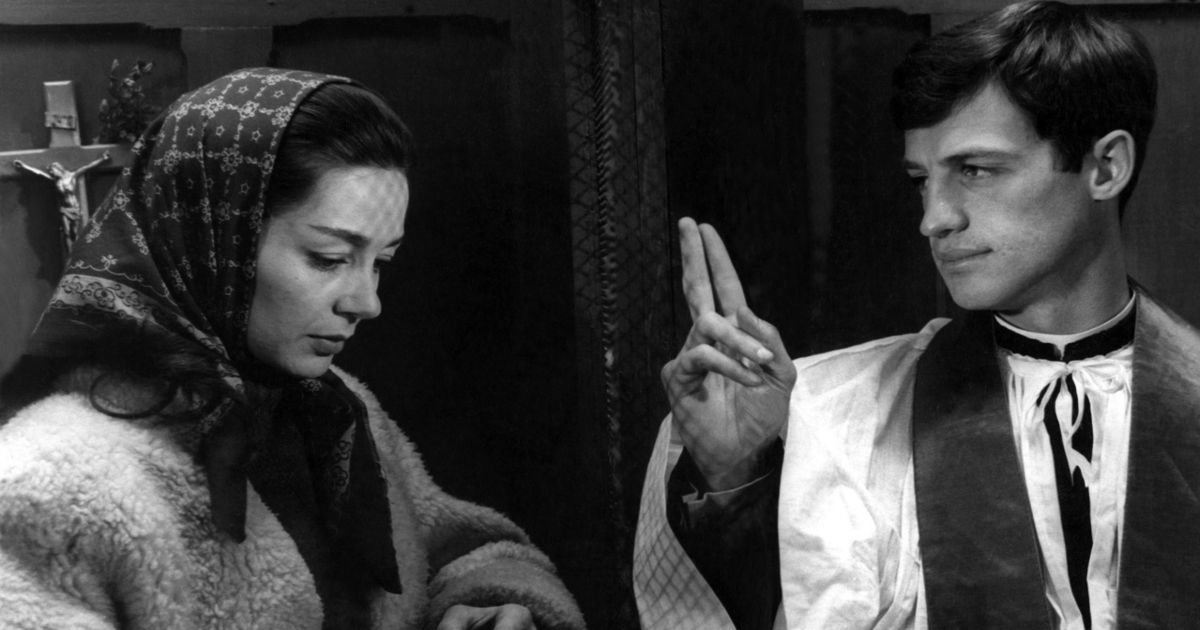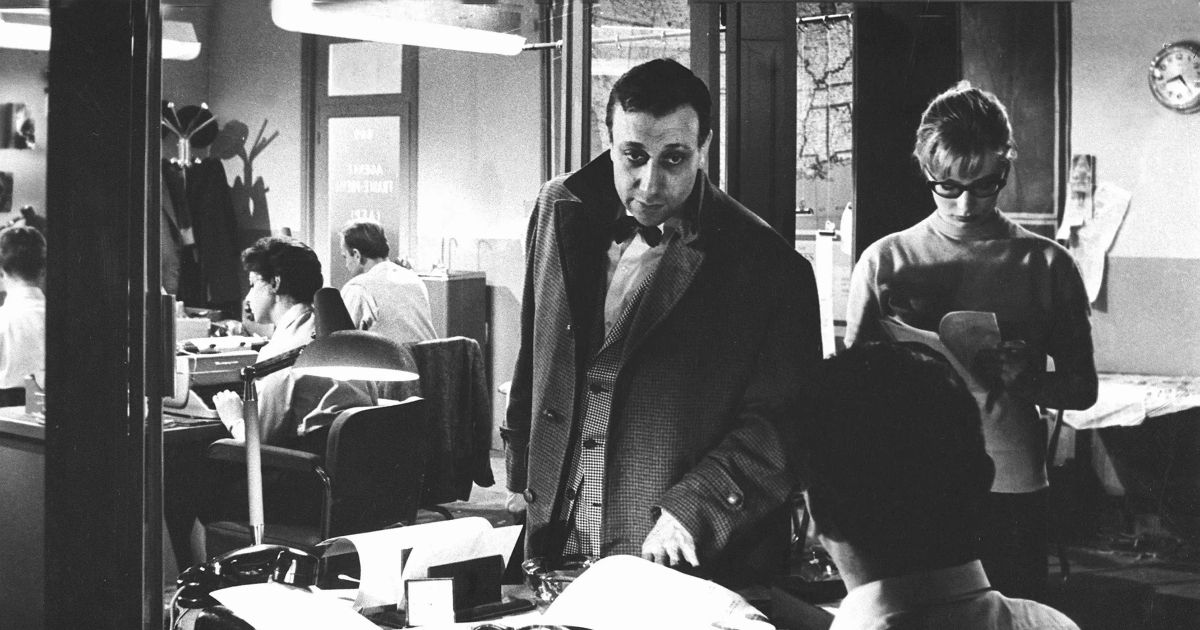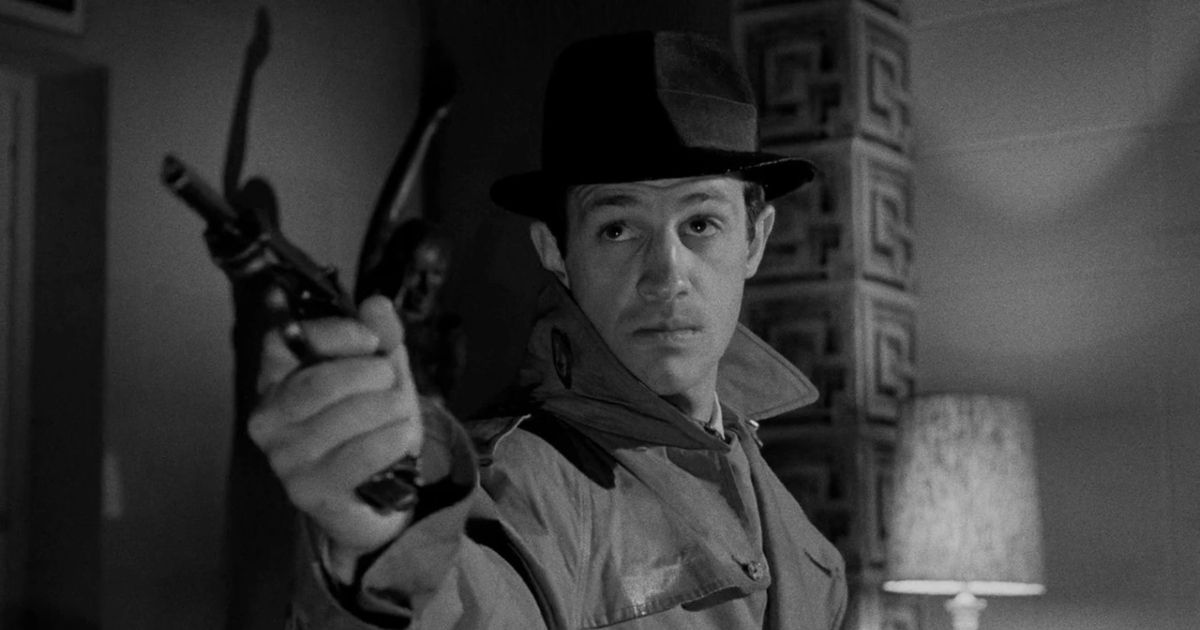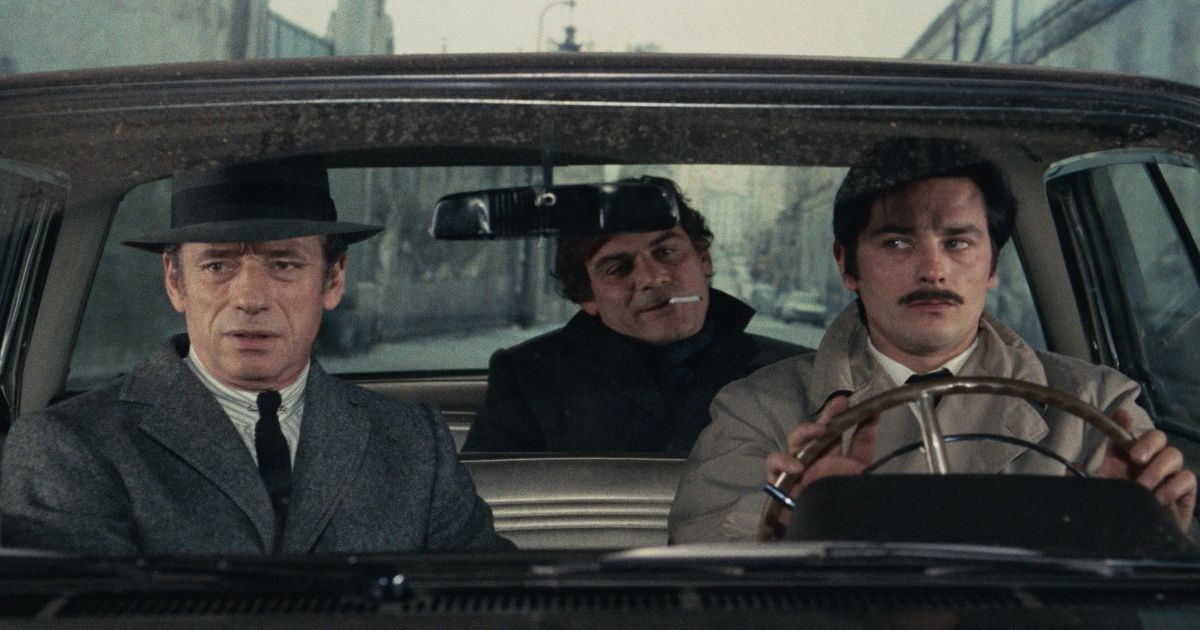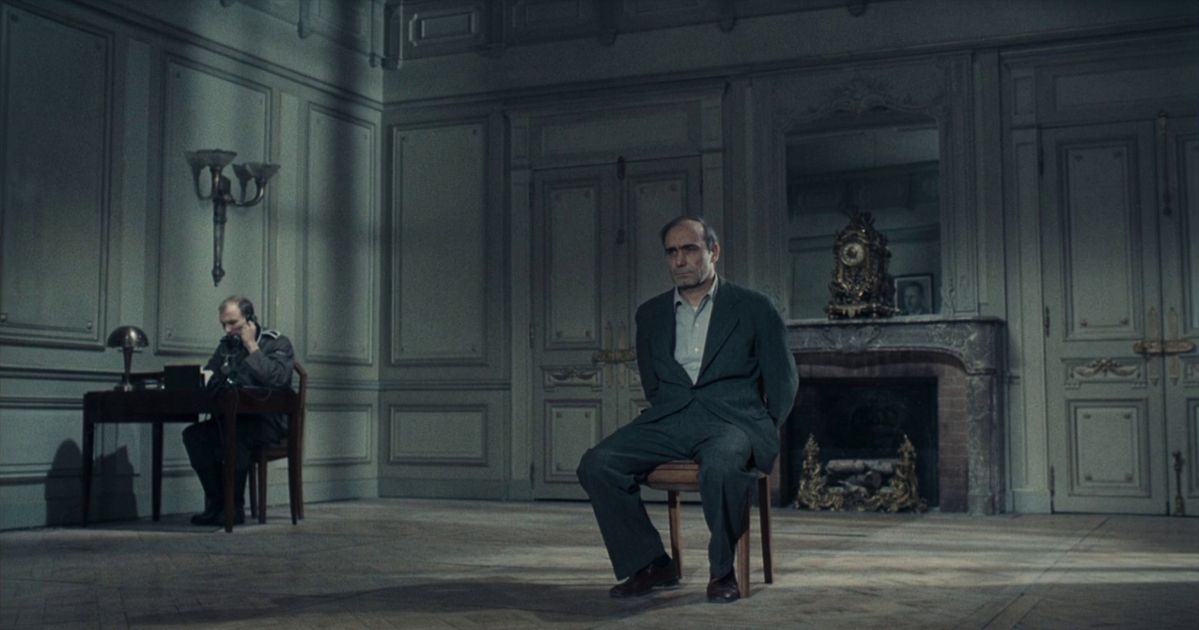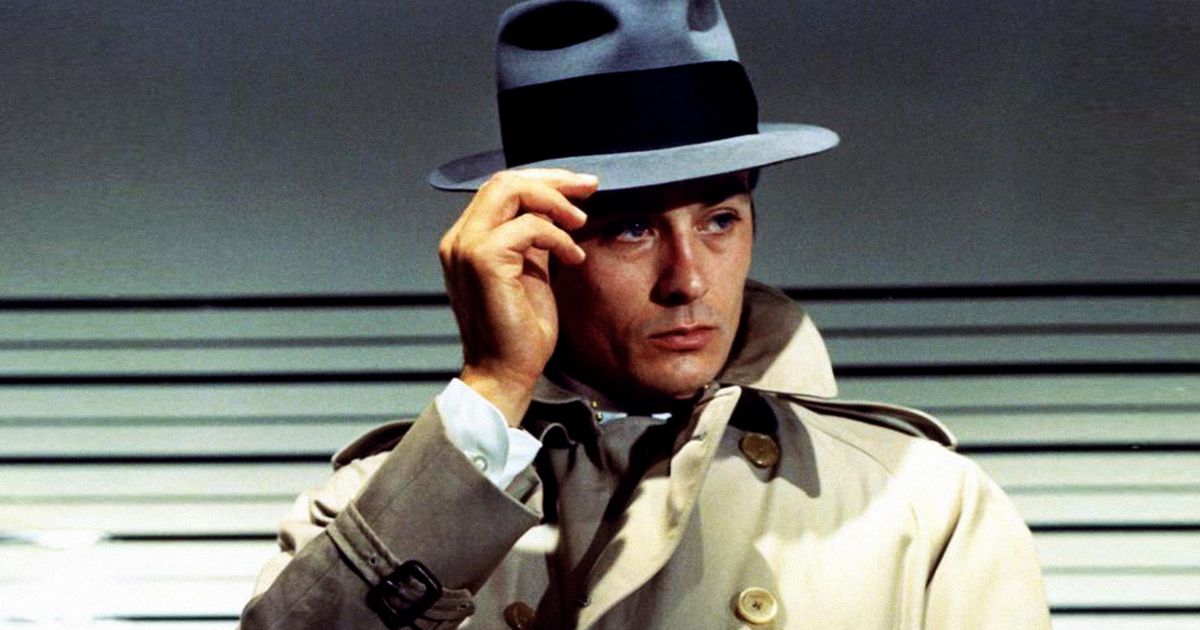By the late 1960s, French cinema was synonymous with Godard, Truffaut, and the French New Wave. Their radical approach to filmmaking took the world by storm and influenced millions of filmmakers to come, but they were not the only influential filmmakers working in France at the time. Before it began, and while it occurred, Jean-Pierre Melville made some of the greatest films of all time.
His life in cinema began in his childhood; he was obsessed with motion pictures and would spend entire days in movie theaters. His film-watching regime was cut short by World War II. After being rescued in Dunkirk as a soldier, in the mid-1940s he collaborated with the French Resistance from London. Upon the end of the war, he decided to fulfill his childhood dreams and go into filmmaking. Rejected by the Film Technicians Union by what he considered “party politics,” he established his own film company and began a fruitful career that would go on until his death in 1973.
Melville adopted his last name due to his admiration for Herman Melville, the author of Moby Dick, yet his work was far distant from his inspiration. Influenced by '40s and '50s gangster films, he made what at the time French critics began to name as “noir.” This reevaluation and highlighting of the importance and artistic merits of American crime films from prior decades coincided with Melville’s own take on the genre, without ever falling victim to its clichés.
His films would go on to be stoic and laconic studies of the criminal psyche and gritty, unromantic depictions of the French Resistance in WWII. Highly influential, detail obsessed, and stylistically iconic, Melville is a filmmaker for the ages. Godard included him in his first feature film, Breathless, and Melville responds to the question of what his greatest ambition is with the legendary line — "To become immortal, and then die." Melville was one of the few to do so, and these are his 10 best films.
10 Bob le flambeur
Before Breathless, there was Bob le flambeur (or Bob the Gambler). Melville’s heist film is considered a precursor to the French New Wave for its use of handheld cameras and jump cut editing. This film twists the traditional leading man characteristic of film noir by using a middle-aged, not incredibly good-looking or well-known actor in the leading part.
Roger Duchesne found what would become his iconic style through the titular role, and Melville began to define what would become his singular style of elegant, calmly paced films. Neil Jordan would later remake it with surprising success starring Nick Nolte with The Good Thief.
9 Les Enfants terribles
After the success of his debut film, Melvile caught the eye of French legend Jean Cocteau, who commissioned him to direct an adaptation of Les Enfants terribles. A story of jealousy and control follows two siblings isolated from the world who engage in a series of mischievous mind games. A unique entry in Melville’s filmography finds him operating Cocteau’s original novel in a dark and laconic fashion that would become a staple of his work.
8 Un flic
In his final film, the Parisian director trades his cynical and cold approach for an overcomplicated plot while retaining some formal aspects of his prior work. Alain Delon, who had previously appeared as a criminal in Melville’s films, is a cop in Un flic.
This story follows his pursuit of a thief who is extremely hard to pin down, and who is also the boyfriend of the woman with whom he is having an affair. Despite it not being on par with his highest achievements, it's an essential film of his, which sadly was his last ever as he died a year after its premiere due to a heart attack.
7 Le Silence de la mer
Based on a clandestinely published novel in 1942 and distributed through the French Resistance through the war, La Silence de la mer is the story of an old man and his niece who make the conscious decision to ignore the billeted Nazi officer who shares their home in occupied France.
A masterclass in mood, his debut film started to set the tone for the themes that would be synonymous with his filmography, as well as his first film dealing with the strength of the French facing the Nazi occupation.
6 Léon Morin, Priest
Melville’s 1950s films heavily inspired early French New Wave cinema, and in return, Melville took one of the movement’s faces, Jean-Paul Belmondo, and stripped him of all the coolness he exuded in Breathless, putingt in him in soutane for Léon Morin, Priest.
In the film, Belmondo’s titular character engages in spiritual dialogue with a lapsed Catholic widow, played by Emanuelle Riva, with the backdrop of Nazis and Italian forces invading France. A film about morality, duty, desire, and resistance brought Melville to larger audiences thanks to the presence of Belmondo and Riva.
5 Two Men in Manhattan
Melville’s only lead acting performance comes from his reverence to the city of New York and the American films that initially inspired him. Two Men in Manhattan follows two French journalists looking for a disappeared United Nations diplomat and their ensuing involvement in a criminal plot surrounding said disappearance.
Despite being the director’s least successful movie, it was praised by Jean-Luc Godard (who was writing for Cahiers Du Cinema at this time). It has gradually been reexamined and deemed to be a film that illustrates the undeniable influence of American crime cinema on the French New Wave.
4 Le Doulos
Le Doulos would mark the beginning of Melville’s peak period. His full directorial capabilities are here shown with a detail-oriented approach to lives of criminals and law enforcement. The film is about a gangster who might or might not be an informant to the police. In his first full-on delve into the psyche of those dedicated to illicit activities, Melville tethers a suspenseful narrative that makes homage to classic gangster flicks, and at the same time establishes his own brand of film-noir.
3 La Cercle Rouge (The Red Circle)
In his penultimate feature, Melville brings up one of his greatest works about the criminal psyche and existential dread. The Red Circle brings together French screen legends Alain Delon and Yves Montand in a jewelry heist story crowned by one of cinema’s finest robbery sequences.
Melville’s long-time DP Henri Decaë and editor Marie-Sophie Dubus, create a nearly dialogue-less exercise in tension and release in said scene, which ends up leading to a superb climax, leaving the audience wandering what truly makes up “a criminal."
2 Army of Shadows
In his most personal film, Melville depicts the hard and obscure lives of the French Resistance under the Nazi occupation of their country. As a former Resistance member himself, Melville draws from his personal life and from Joseph Kessel’s book from which the film is adapted, to carefully recount the fear, paranoia and complications faced by the Resistance.
Though Army of Shadow's characters (who at all times know what their fate will ultimately be) are portrayed in a heroic fashion, the nature of the movement is displayed in an unromantic way, portraying anti-fascism as a duty more than a moral choice.
1 Le Samouraï
The definition of cool. Jean-Pierre Melville's definitive work is an unglamorous depiction of crime, a perfect slice of film noir, and overall is Alain Delon’s consecrating performance. In Le Samouraï, he plays Jef Costello, a baby-faced killer for hire trying to find who hired him for his last job and is subsequently trying to kill him. His assassinations are done meticulously, with every detail and outcome calculated.
An absolute mood piece, unsentimental and unapologetic, remains to this day one of the most influential in its genre. Drive by Nicolas Winding Refn, Ghost Dog: The Way of the Samurai by Jim Jarmusch, or The Driver by Walter Hill are clear examples of the film’s enduring impact, which continued to this day, most recently in the 2023 film Little Dixie.

